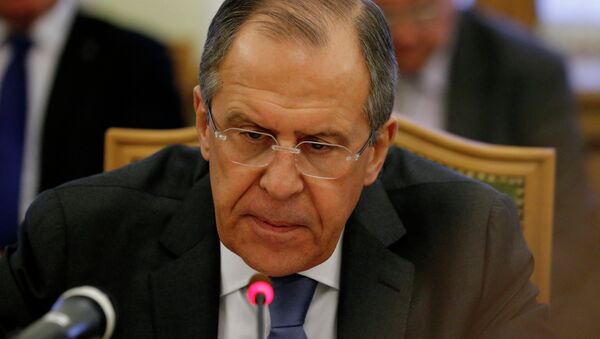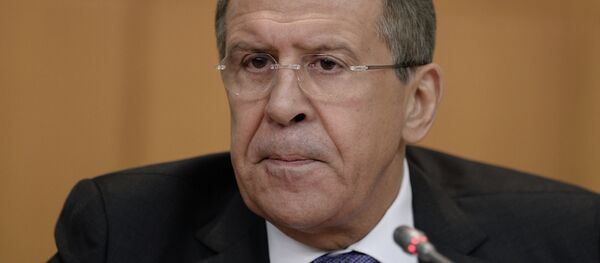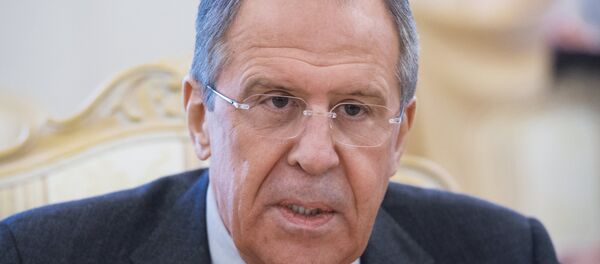"We believe it is necessary to immediately take strong measures on restoring justice and on getting rid of double standards in world politics, on giving back to the Security Council its role of a leading body for coordinating collective approaches that are based on respect of cultural diversity of the modern world," Lavrov said at the United Nations Security Council open debate on international peace and security.
Russian Foreign Minister also warned that without all the members of UN Security Council showing their political will, the world "risks losing control over the means of global governance."
The United Nations Security Council is one of the six main organs of the United Nations. Its primary responsibilities include maintaining international peace and security, developing friendly relations between world countries, guiding cooperation in solving international problems and promoting respect for human rights worldwide.
Moscow is against attempts “to impose action plans developed in a limited format on the international community,” Lavrov said, speaking at the UN Security Council’s open debate.
The minister added that positive results are possible to obtain when the members of the Security Council work together and take a consolidated stance.
“It is on this basis that we were able to solve the main problem for the elimination of chemical weapons in Syria, to develop measures against foreign terrorists. Recently, the Security Council’s resolution 2199, initiated by Russia, was adopted, set to end financing of terrorist groups through illegal oil trade,” Lavrov said.
Lavrov noted the “unprecedented scale" of the of terrorism threats the world is facing today, "especially in the Middle East and North Africa, spreading in the directions of Africa, Asia, Europe.”
Over the past year, the Islamic State extremist group has seized vast areas across Syria and Iraq. Known for its brutal tactics, the group has attracted thousands of foreign fighters and declared an Islamic caliphate on the territories under its control.
A US-led coalition has been launching airstrikes against the group in Iraq since last August and Syria since September, though without coordinating its efforts with the Syrian government.




